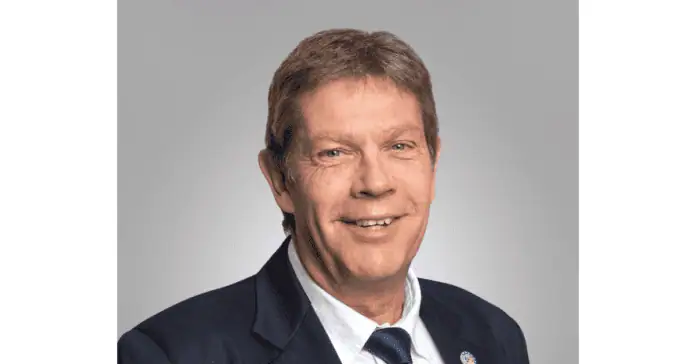- South Africa’s municipalities are trapped in a regulatory labyrinth that prioritises compliance over innovation and agility.
- The time has come to acknowledge that sometimes less regulation means more development.
- Without meaningful reform, millions of South Africans will continue to be denied the basic services they deserve.
The inaugural Wavemaker Summit, a four-day summit (27 – 30 March 2025) hosted by South Africa’s top-performing West Coast District Municipality (WCDM), concluded over the weekend after bringing together local government leaders, partners, private sector executives, and academics to address effective governance, long-term sustainability and ethical leadership. Throughout, the mounting burden of overregulation was raised as an inhibitor to service delivery across South Africa, highlighting the paradoxical challenge where regulations designed to ensure good governance have become primary obstacles to effective service delivery.
Recent research by the Financial and Fiscal Commission reveals that regulatory compliance now consumes approximately 38% of municipal administrative capacity, with some smaller municipalities dedicating up to 75% of their limited human resources to regulatory processes rather than operational improvements.
South Africa’s municipalities are trapped in a regulatory labyrinth that prioritises compliance over creativity. A balance needs to be found to ensure accountability while enabling the innovation and agility needed to deliver services effectively to our communities.
The summit addressed numerous challenges highlighted in recent government reports, including the Department of Cooperative Governance and Traditional Affairs’ finding that municipalities with perfect audit outcomes often performed worse in actual service delivery than those with qualified audits. For example, the updated 2024 Preferential Procurement Policy Framework has created processes so complex that the average municipal tender now takes 11-15 months to complete. According to the Centre for Development and Enterprise, regulatory compliance adds approximately 28-34% to the cost of municipal infrastructure projects.
“There is no secret weapon formula success, but rather in the power of strategy, good governance and collaboration” says WCDM Executive Mayor, Ald RW Boffie Strydom. The summit has produced a comprehensive framework for regulatory reform that maintains necessary safeguards while removing counterproductive constraints. Strydom added “That the conversations be insightful, the challenges collectively addressed, and the solutions practical and sustainable and not just as professional colleagues, but also as co-builders of a better future for communities.
Weskus Distrik’s Wavemaker Summit reflects the host municipality’s exceptional track record of 14 consecutive clean audits while maintaining high service delivery standards. This success story demonstrates that good governance and operational effectiveness can coexist with the right systems and leadership.
Private sector participation was a cornerstone of the summit, recognising that business success is intrinsically linked to municipalities creating environments where community aspirations are satisfied. The summit facilitated numerous partnerships between municipalities and private enterprises aimed at collaborative service delivery improvements.
“The time has come to acknowledge that sometimes less regulation means more development,” said Strydom. “Without meaningful reform, the promise of developmental local government will remain unfulfilled, and millions of South Africans will continue to be denied the basic services they deserve.”
Following the success of this inaugural event, the Wavemaker Summit is slated to become an annual platform for addressing the evolving challenges of local government in South Africa, with plans already underway for the 2026 edition.
